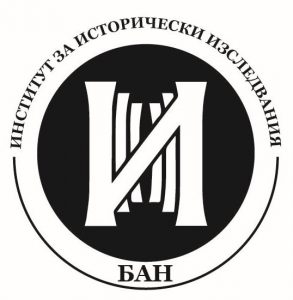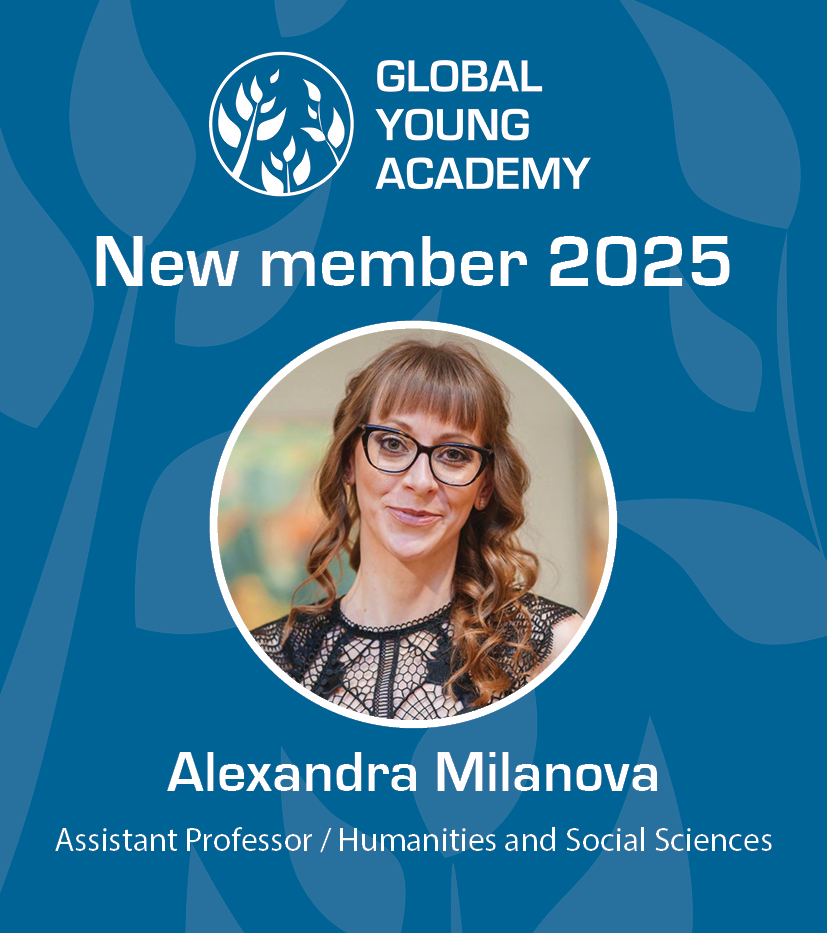
Russia’s military aggression against the sovereign Ukrainian state confronted the world with one of the greatest challenges to the post-World War II international order. The war is once again returning with striking analogies from the past, as if to refute the claim of the “end of history” after the end of communist regimes in Eastern Europe and the Cold War. Preceded by the annexation of Crimea in 2014, the promotion of separatism in the Donbas and a long-running hybrid war, the current direct aggression against Ukraine is the result of imperial ambitions that are justified or disguised by Russia’s security interests and its concern for its compatriots in the neighbouring country. The recent actions of the political regime in Moscow are contrary to the UN Charter and other international and bilateral agreements. They are a threat to world peace. That is why, against the backdground of dynamically changing and disturbing news and footage from Ukraine, world and regional political leaders and organisations are strongly condemning these actions, strengthening economic sanctions against Russia, expressing sympathy for the Ukrainian people and taking action in their support. Official reactions in Bulgaria, as a member of NATO and the European Union, are along the same lines, despite the presence of traditional pro-Russian sympathies in parts of Bulgarian society. Preconditions for our country’s increased attention to the war in Ukraine are the proximity to the theatre of hostilities, the presence of a significant Bulgarian historical diaspora on Ukrainian territory and the long history of Bulgarian-Ukrainian ties.
In these tension-filled days for the world, we want to draw attention to the fact that the Institute of Historical Studies of the Bulgarian Academy of Sciences (BAS) has a fruitful cooperation with Ukrainian scientific and educational institutions. And this is not accidental since Ukraine is the country where Bulgarian studies have very stable institutional and personal positions. These are partly explained by the initiatives of scholars of Bulgarian diaspora origin (the so-called Bessarabian, Taurian and other Bulgarians) but also by the increased interest of Ukrainian scientific and educational circles in bilateral cooperation with BAS. In this regard, we should mention the activities of the “Marin Drinov” Centre for Bulgarian and Balkan Studies at the Kharkiv National University “Vasily Nazarovich Karazin” in Ukraine, as well as the Odessa Scientific Society of specialists in Bulgarian studies. Among the significant scientific endeavours of the Centre at the University of Kharkiv, directed by Associate Professor Serhiy Strashnyuk, are its periodical publication “Drinov’s Proceedings”, whose editor-in-chief, Professor Mykhailo Stanchev, is a foreign member of BAS, as well as the “Cyril and Methodius Readings” and the “Drinov’s Readings”, which are organized periodically in the form of international scientific forums. Scientists from our Institute invariably participate in these initiatives. A solid basis for this cooperation is the Agreement on Scientific Cooperation and Exchange between BAS and Kharkiv National University, signed in 2006 and renewed in 2017. In 2019 a Joint Commission of historians from Bulgaria and Ukraine was established. Scientists from our institute have gained considerable experience in historical studies about the Bulgarian diaspora in Ukraine!
At a time when the media brings us hourly news of new bombings and casualties in Ukrainian cities and on the front lines, of many refugees seeking safety in neighboring and nearby countries, including Bulgaria, of the mobilization of Ukrainian Bulgarian scholars, we would like to express our sincere sympathy and give moral support to our colleagues, to the ethnic Bulgarians in Ukraine and to the entire Ukrainian people.
We are convinced that the Bulgarian Academy of Sciences, which is not only a scientific and educational but also an expert centre, has the potential to offer its assistance in solving some of the problems arising from the crisis in Ukraine.
We very much hope that negotiations will soon replace military actions!





